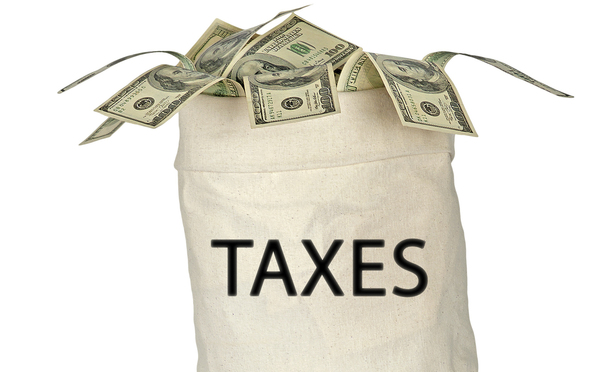As Benjamin Franklin famously observed, “In this world nothing can be said to be certain, except death and taxes.” Obviously, Franklin wasn’t referring to business valuation where taxation is one of the most uncertain elements in the process. While professional judgment affects almost every aspect of business valuation, few issues raise hackles like the impact of taxes in valuing Subchapter S and other “pass-through entities” (PTEs). PTEs are not subject to tax at the entity level, but rather allocate taxable income and losses to owners who pay tax on the income whether or not the business actually distributes that income to them.
Value is “the price at which the property would change hands between a willing buyer and a willing seller … both parties having reasonable knowledge of relevant facts,” according to Internal Revenue Service Revenue Ruling 59-60. At its core, the value of a business interest is the present value of the anticipated future benefits of ownership that is, generally, the company’s earnings or net cash flow.
This content has been archived. It is available through our partners, LexisNexis® and Bloomberg Law.
To view this content, please continue to their sites.
Not a Lexis Subscriber?
Subscribe Now
Not a Bloomberg Law Subscriber?
Subscribe Now
LexisNexis® and Bloomberg Law are third party online distributors of the broad collection of current and archived versions of ALM's legal news publications. LexisNexis® and Bloomberg Law customers are able to access and use ALM's content, including content from the National Law Journal, The American Lawyer, Legaltech News, The New York Law Journal, and Corporate Counsel, as well as other sources of legal information.
For questions call 1-877-256-2472 or contact us at [email protected]



